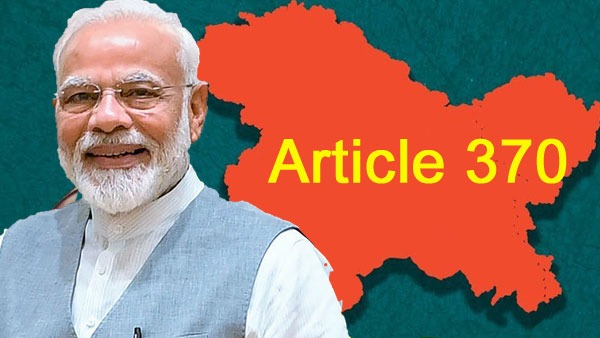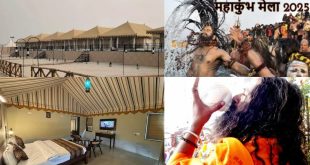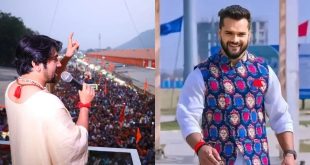Revoking Article 370: A Strategic Move by PM Modi
The political landscape in India witnessed a seismic shift on August 4, 2019, when Prime Minister Narendra Modi made an unannounced visit to the President’s House. The secrecy surrounding this visit and the absence of heavy security raised eyebrows, hinting at a significant decision in the making.
The Decision to Revoke Article 370
The decision to revoke Article 370, which granted special status to Jammu and Kashmir, was a pivotal move by the Modi government. This article had been a contentious issue, and PM Modi strategically chose a time without imminent elections to execute this decision.
PM Modi’s Secret Visit to the President’s House
The clandestine meeting between PM Modi and President Ram Nath Kovind marked the beginning of a carefully orchestrated plan to end the special status of Jammu and Kashmir. The discreet nature of the visit reflected the gravity of the decision that required utmost secrecy.
Communication Gap between PM and President
Ensuring that there was no communication gap between the Prime Minister and the President was crucial. The necessity for a face-to-face meeting highlighted the significance of the decision and the need for the President’s immediate awareness.
Importance of Revoking Article 370
PM Modi conveyed to President Kovind the importance of ending the special status of Jammu and Kashmir. This move was not only a part of a larger plan to astound critics but also aimed at addressing the longstanding issue of terrorism in the region.
Opposition and Protests
The decision faced vehement opposition, with some viewing it as a breach of promises. Protests erupted, and the political climate became charged, showcasing the polarization of opinions on this historical move.
The Strategic Writing of a ‘Secret’ Script
PM Modi’s decision to script the narrative as a ‘secret’ plan was a tactical move to keep the opposition off-guard. The decision was kept under wraps to prevent preemptive countermeasures.
Film ‘Article 370’: A Glimpse into BJP’s Commitments
The upcoming film ‘Article 370’ is set to shed light on the intricacies of this decision, aligning with BJP’s commitments. PM Modi’s role in the film hints at the narrative being a part of the larger political discourse.
Modi’s Second Term and Political Savvy
PM Modi’s second term in office highlighted his political acumen. By keeping the decision under wraps, he demonstrated a shrewd understanding of how and when to implement strategic policies.
Handling Terrorism in Jammu and Kashmir
The decision to revoke Article 370 also aimed at curbing terrorism in the region. With reduced incidents of violence, the government signaled a shift towards a more secure and stable Jammu and Kashmir.
Boost in Tourism and Economic Growth
The abrogation of Article 370 led to a decrease in terrorism-related incidents, boosting tourism and contributing to economic growth in the region. Jammu and Kashmir witnessed a surge in visitors, signifying newfound confidence in the state’s security.
Home Minister Amit Shah’s Role
The integral role played by Home Minister Amit Shah in executing this decision cannot be understated. His strategic planning and execution were crucial in navigating the complex political landscape.
The Ongoing Issue of Yasin Malik
Even after the abrogation of Article 370, the issue of Yasin Malik, a key figure in several controversial cases, continues. His recent arrest has reignited discussions among officials.
Keeping the Decision Under Wraps
PM Modi’s decision to keep the revocation under wraps until the last moment showcased his ability to manage information, control the narrative, and strategically position the government.
Modi’s Political Calculations
From a political standpoint, PM Modi’s decision to revoke Article 370 was a masterstroke. By avoiding the limelight before elections, he ensured that the decision wouldn’t be exploited for political gain by opposition parties.
In conclusion, the revocation of Article 370 by PM Modi was a meticulously planned and strategically executed move. It reshaped the political landscape, addressing issues of terrorism and contributing to the economic growth of Jammu and Kashmir. The decision showcased Modi’s political acumen and ability to navigate complex scenarios.
 Suspense Crime Sach Ka Dam
Suspense Crime Sach Ka Dam



